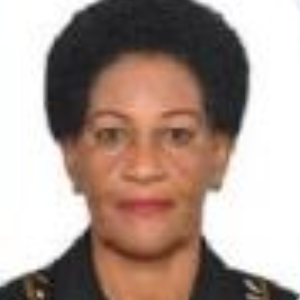Title : Health workers occupational health at EMD-Muhimbili national hospital, Dar e salaam, Tanzania
Abstract:
Background: Muhimbili National Hospital in Dar es Salaam is the main referral hospital in Tanzania with a modern emergency department. Since opening in 2010, the department continues to provide rapid and varied emergency care. The emergency department responds to 200-250 patients daily. Most patients are referred from peripheral hospitals and 75% are admitted.
Introduction: In this study we define a hazard as something that can cause harm – i.e. needle stick injury. A risk is the chance, high or low, that a hazard will actually cause that harm. Working at the EMD poses many occupational health hazards which risk the health of staffs. These can be physical hazards (tuberculosis due to lack of vaccines) as well as mental (stress due to long working hours).
Broad objective: The overall aim is to evaluate if EMD health workers understand occupational health hazards and risks within the work environment and to reassess current protocol, training and policy.
Specific objectives: This study aimed at identifying common occupational health hazards and risks in the EMD. We also assessed staff and employer knowledge of the occupational health hazards at work place as well as re-evaluated current policy in response to current occupational health hazards. Lastly, the study valuated current ability to provide suitable equipment’s and education in the EMD to prevent further occupational health incidents.
Method: Data was obtained using a cross-sectional short questionnaire. Demographic data of EMD workers –age, educational level, duration of work was determined. Respondents were asked to answer 6 questions. Each question contained a list of nine occupational health risks and respondents were ask to rate these risks from strongly agree, agree, neutral, disagree and strongly disagree in relation to the set question.
Results: The study included 66 participants, 56.06% and 33.3% were males and females respectively. Majority (46.9%) were aged 20-34 years. Respondents strongly agreed that Injury (70.4%), blood borne pathogens (68.5%) and tuberculosis (61.1%) are health hazards at their work place.
Conclusion: Overall, staff and managers in the EMD have a strong understanding of occupational health risks. On all six questions, respondents showed a clear understanding of risks posed but expressed need for more training and equipment’s to avoid risks.



